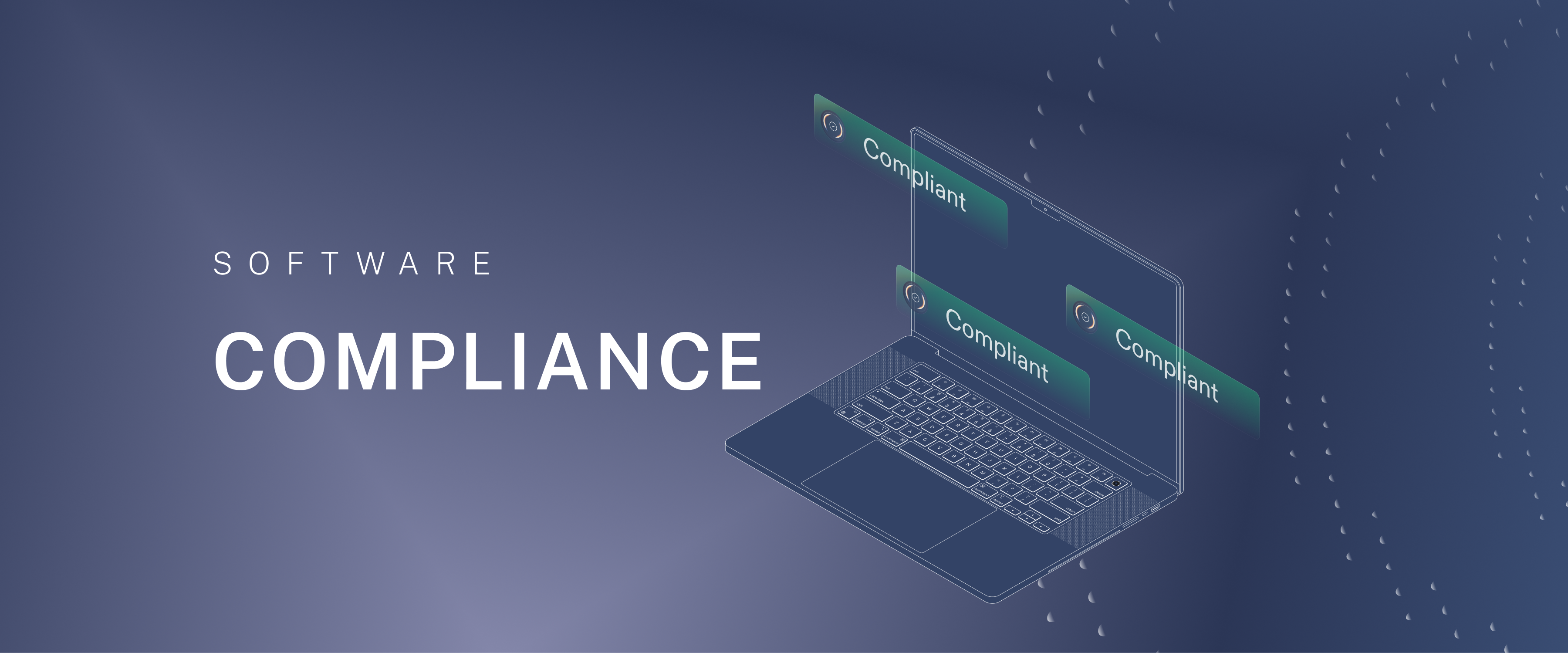
Cross-border expansion brings new markets and revenue opportunities. It also brings customs paperwork, tariff classifications, and regulatory filings that can derail your operations if you get them wrong.
For finance leaders at growing SaaS and AI companies, customs compliance isn't just a logistics problem, it's a financial risk that has to be managed. Manual customs processes lead to delayed shipments, unexpected duties, and costly penalties into the hundreds of thousands.
Customs compliance software automates these workflows, reducing errors and giving finance teams the visibility they need to forecast costs and manage risk. In this guide, we'll walk through what customs compliance software actually does, what features matter most, and how to choose the right solution for your company.
What Does Customs Compliance Software Do?
Customs compliance software automates the process of getting goods across international borders legally and efficiently. It handles customs declarations, classifies products under the correct tariff codes, screens shipments against restricted party lists, and ensures your filings meet each country's regulatory requirements.
Instead of filling out customs forms by hand or tracking tariff rules in many places, the software connects to your ERP, billing system, or procurement platform. It pulls the data automatically. The software formats everything to meet customs authority standards. Then, it submits the declarations electronically.
This automation matters because customs regulations change constantly. Tariff codes get updated, free trade agreements shift duty rates, and sanctions lists expand. Software keeps pace with these changes in real time, so your team doesn't have to monitor every regulatory update manually.
Key Compliance Requirements
Customs authorities require standardized data formats for every shipment crossing their borders. This includes harmonized tariff codes (HS codes), country of origin, product descriptions, declared values, and duty calculations. Miss any of these details or format them incorrectly, and your shipment gets delayed at the border while customs agents request corrections. Getting this wrong can lead to unhappy customers or a business slowdown as your international branches wait for important equipment.
Customs compliance software connects with your ERP or procurement system. It pulls invoice data, purchase orders, and shipping documents. Then, it changes that information into the exact format each customs authority needs. You're not manually entering data into multiple systems or cross-referencing tariff schedules.
The software also screens every shipment against denied party lists, export control regulations, and sanctions databases. These screenings happen in real time, so you catch compliance issues before the shipment leaves your warehouse, not when it's sitting at a port halfway around the world.
The system receives regulatory updates automatically. When a country updates its tariff schedule or a new trade agreement changes duty rates, the software adjusts your filings without requiring manual intervention. This keeps you compliant as rules evolve, reducing the risk of penalties and ensuring smoother customs clearance.
What Core Functionality and Key Modules Should You Look For?
Automated Customs Declarations
Automated customs declarations eliminate the manual work of preparing import and export filings. The software connects to systems like the U.S. Automated Commercial Environment (ACE) and Automated Broker Interface (ABI), then auto-generates the required customs forms based on your transaction data.
Tariff Classification & Duties
Getting the tariff classification wrong costs money. Misclassify a product under the wrong HS code, and you either overpay duties or face penalties for underpaying. Customs compliance software automates HS code classification by analyzing product attributes and matching them to the correct codes in each country's tariff schedule.
A note on AI-driven classification: Sphere is expanding its proprietary Tax Review and Assessment Model (TRAM) engine to handle product classification for customs purposes. By leveraging AI trained on global trade regulations, Sphere will minimize classification errors and adapt as tariff codes change. We're rolling this out in 2026, giving finance teams one less manual process to manage.
How To Screen Shipments Against Denied Party Lists
Every international shipment must be screened against denied and restricted party lists. These lists, which are maintained by governments worldwide, identify individuals, companies, and entities that cannot receive certain goods due to sanctions, export controls, or national security concerns.
Customs compliance software screens your customers, suppliers, and freight forwarders against these lists in real time. If a match appears, the system flags the transaction before you ship, preventing violations that could result in fines or criminal liability.
Supply Chain Visibility
Real-time tracking of customs clearance status gives finance teams the information they need to forecast costs and manage cash flow. Customs compliance software provides dashboards showing where each shipment sits in the clearance process—whether it's pending inspection, awaiting payment of duties, or cleared and released.
This visibility helps you predict when duties will hit your books. Instead of waiting for an invoice from your customs broker weeks after the shipment clears, you see duty calculations in advance and can plan accordingly.
Workflow Automation & Integrations
Customs compliance doesn't happen in isolation. It touches your ERP, procurement system, freight forwarders, and customs brokers. Customs compliance software integrates with these systems to create automated workflows that move data seamlessly across platforms.
Benefits for Finance and Operations Teams
Streamlining Customs Workflows With ERP Integration
Manual customs processes mean spreadsheets, email chains, and data entry across multiple systems. Someone has to pull product details from your ERP, look up tariff codes, format customs declarations, submit them to the right government portal, then record the results back in your accounting system.
Customs compliance software collapses these steps into a single automated workflow. Data flows from your ERP to the customs authority without manual intervention. The system generates, checks, and submits declarations automatically. Audit records populate in real time.
This automation frees your team to focus on strategy rather than paperwork. Instead of spending hours preparing customs filings, your finance and operations teams can analyze duty costs, evaluate sourcing options, or plan market expansions.
Reducing Financial Risks From Customs Noncompliance
Customs compliance carries serious financial and legal risks. Incorrect declarations can result in fines, shipment seizures, or even criminal charges in cases of willful negligence. Sanctions violations bring even harsher penalties, including exclusion from government contracts and multi-million dollar fines.
Proactive compliance checks catch errors before they become violations. The software checks every declaration against rules. It flags missing data. It also screens every transaction against restricted party lists. Errors get corrected before the shipment leaves your facility, not after customs agents discover them.
Audit trails create a defense if regulators question your compliance. Every filing, every screening, and every duty calculation gets logged with timestamps and user attribution. If you face an audit, you can demonstrate exactly how you made each compliance decision.
Cost Savings & Predictability
Start duty optimization by classifying tariffs accurately. Classify your products correctly, and you might qualify for preferential duty rates under free trade agreements. The software finds these opportunities automatically. It applies the lowest legal duty rate based on product origin and destination.
Avoiding fines and penalties delivers immediate savings. A single customs violation can cost tens of thousands of dollars. Multiply that risk across hundreds of shipments, and the cost of non-compliance quickly outweighs the investment in compliance software.
Comparing Providers and What to Look For
Here are the top customs compliance software options for global companies.
Altana (Global Supply Chain Mapping)
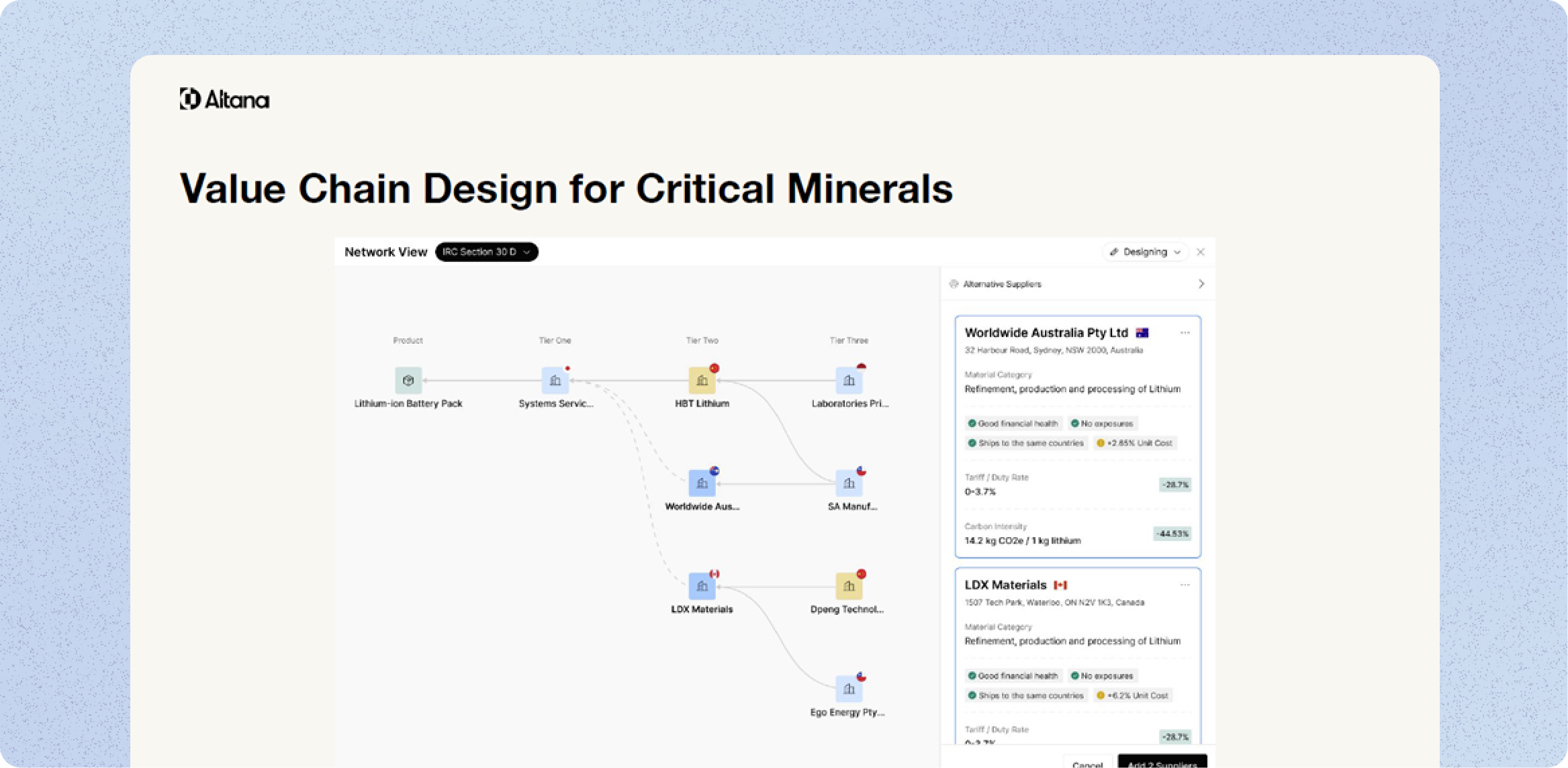
Ideal customer: Companies seeking global supply chain mapping and risk insights.
Strengths: Altana uses AI to map global trade networks, providing visibility into sourcing, suppliers, and compliance risks. The platform excels at identifying hidden relationships in your supply chain, such as suppliers who share facilities with restricted entities or sourcing patterns that expose you to regulatory risk. This intelligence helps finance and operations teams make informed decisions about supplier selection and market entry strategies.
Weaknesses: Altana's focus on intelligence and monitoring means it's less equipped for end-to-end customs clearance workflows. If you need software that actually files customs declarations and manages day-to-day compliance tasks, you'll need to combine Altana with other tools. It's better suited as a strategic planning layer rather than an operational compliance platform.
Flexport (Logistics Solutions for Mid-Large Companies)
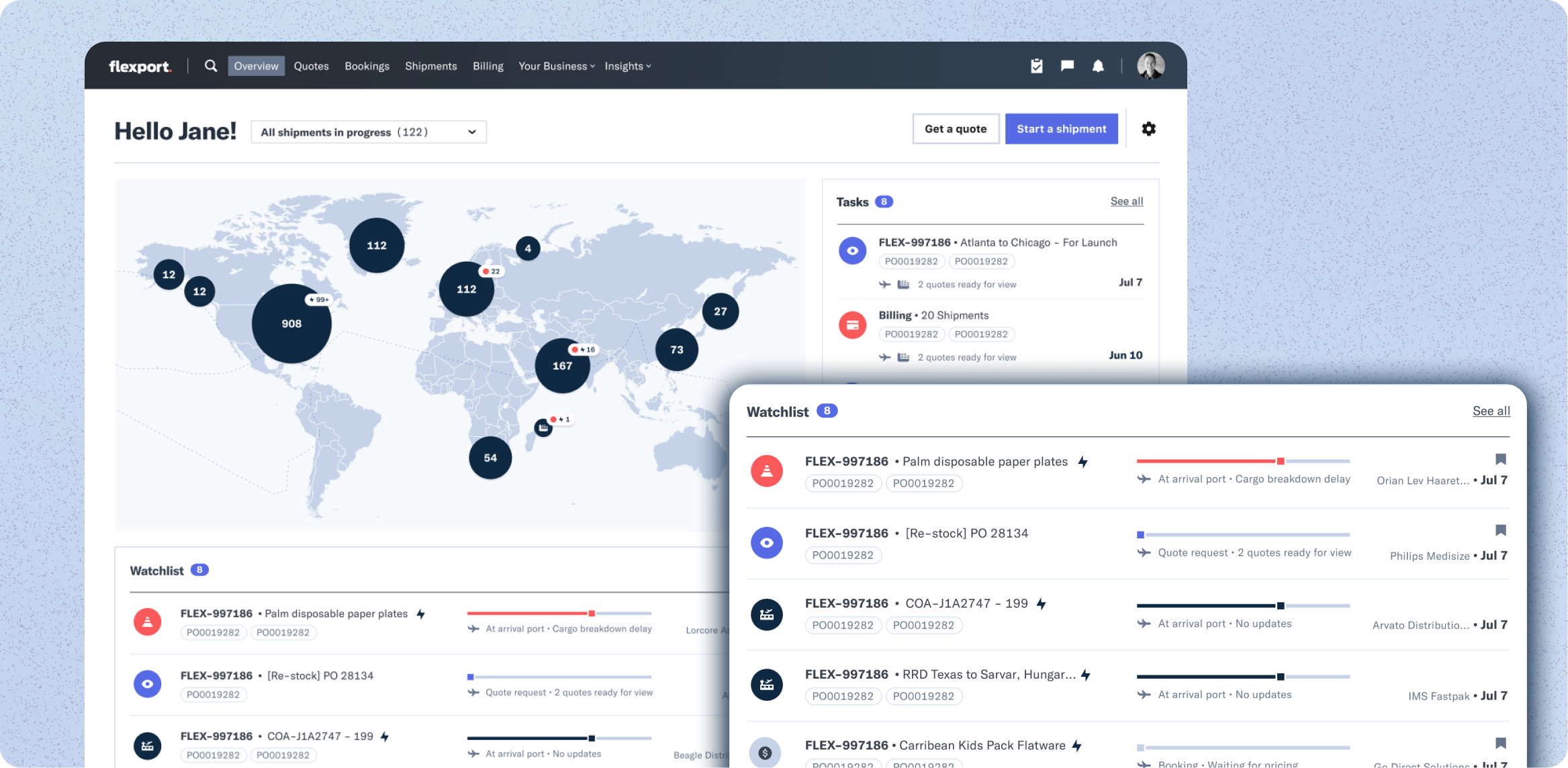
Ideal customer: Mid-to-large companies with logistics-heavy operations.
Strengths: Flexport combines freight forwarding, customs brokerage, and supply chain management in a single platform. The company's strength lies in coordinating the entire logistics process, from booking cargo space to clearing customs and delivering goods. For companies that ship physical products frequently, Flexport offers an integrated solution that reduces the complexity of working with multiple service providers.
Weaknesses: Flexport's logistics-first approach means customs compliance features may lack the depth of dedicated compliance platforms. The automation and documentation capabilities are designed to support shipping operations, not to serve as a standalone compliance solution. Companies needing advanced compliance screening, detailed audit trails, or specialized trade management features may find Flexport's compliance tools too basic.
Descartes (Customs and Compliance Suite)
.png)
Ideal customer: Enterprises needing a broad customs and regulatory compliance suite.
Strengths: Descartes has decades of experience in global trade management. Its Customs and Compliance Suite includes modules for customs declarations, denied party screening, FTZ management, and regulatory reporting. The platform handles complex compliance scenarios across multiple countries and integrates with enterprise systems at scale. For large companies managing thousands of shipments monthly, Descartes offers the depth and configurability needed to handle diverse compliance requirements.
Weaknesses: Descartes is built for enterprise scale, which brings complexity and cost. Implementation takes months, requires significant IT resources, and often needs customization to fit your specific workflows. The pricing reflects this enterprise focus, making it expensive for mid-market companies. The user interface can feel dated compared to newer platforms, requiring more training for your team to use effectively.
CargoWise (Services for Logistics Providers)
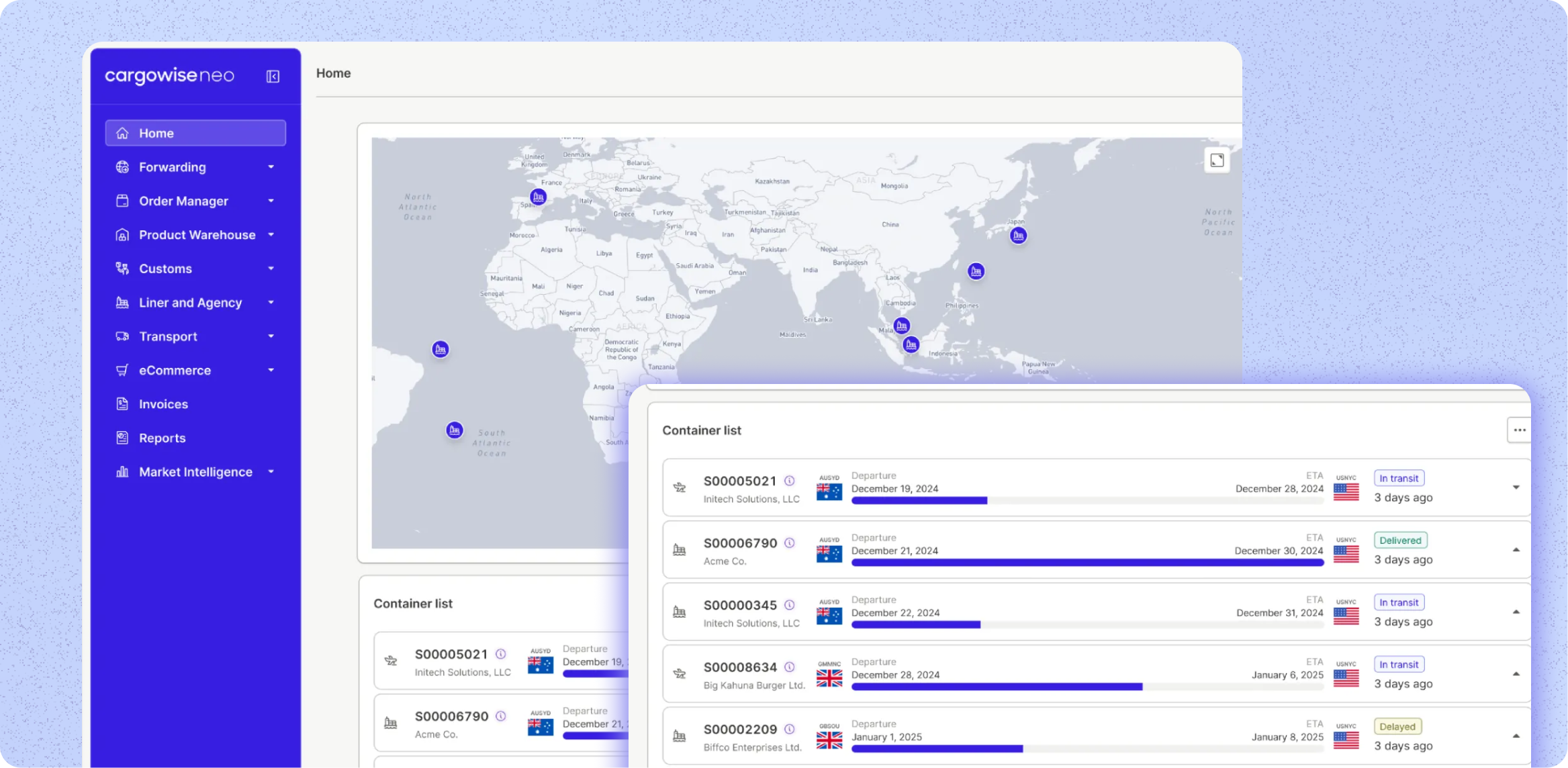
Ideal customer: Logistics providers, freight forwarders, and global enterprises.
Strengths: CargoWise offers a complete platform. It connects customs, warehousing, transportation, and logistics operations. If you're managing complex global logistics operations in-house or working as a freight forwarder, CargoWise provides the tools to coordinate every step of the supply chain. The platform's strength is its comprehensiveness. Do everything from booking shipments to filing customs declarations to managing warehouse operations happens in one system.
Weaknesses: For SaaS and AI companies that primarily need customs compliance automation, CargoWise is overkill. The platform is designed for companies whose core business is logistics, not for companies that need to comply with customs regulations as part of their product distribution. The complexity, cost, and lengthy implementation make it impractical for mid-market companies that don't need a full logistics stack.
E2open (Supply Chain Management Solutions)
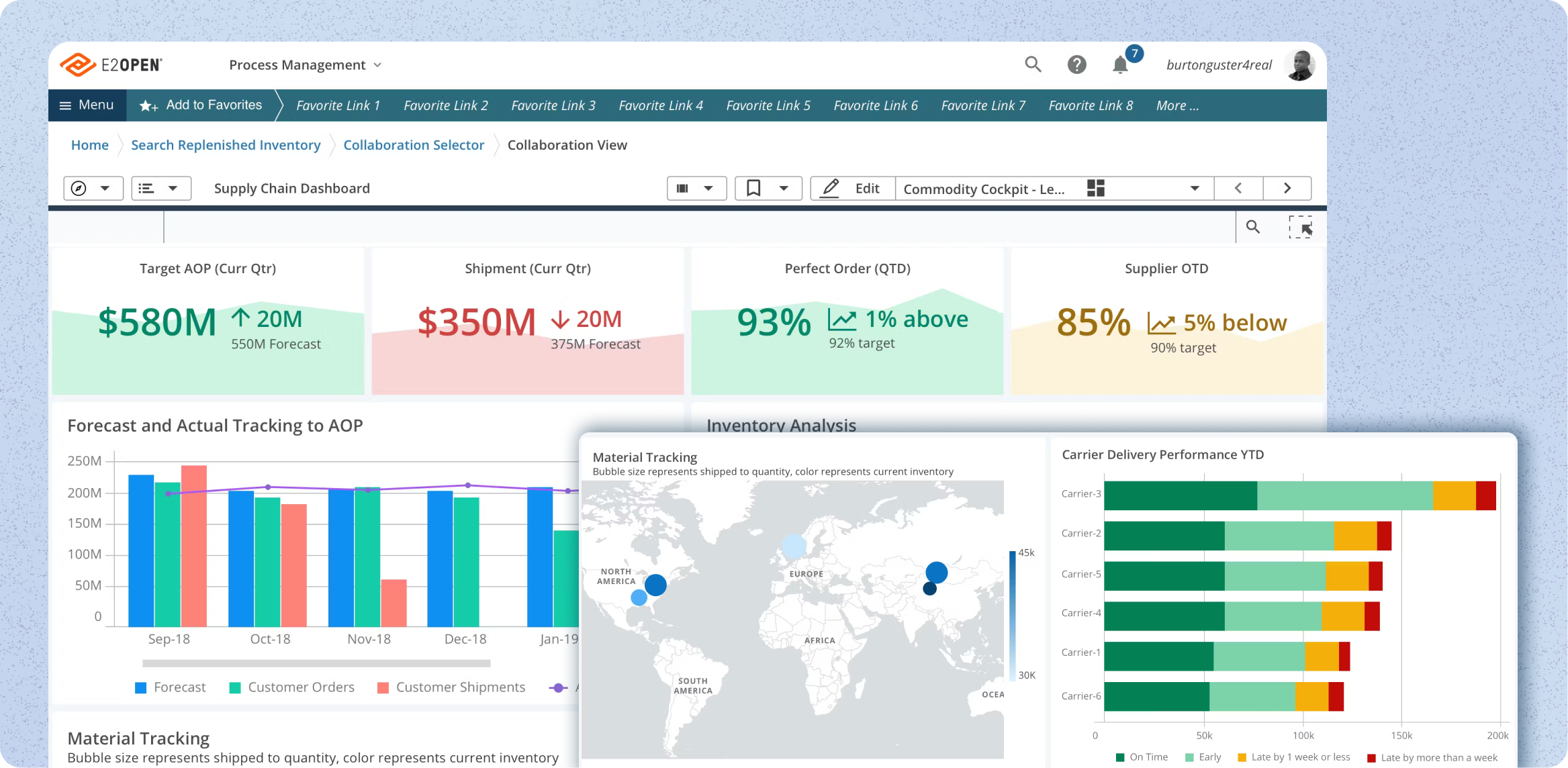
Ideal customer: Enterprises managing large-scale supply chain and trade compliance.
Strengths: E2open excels at supply chain planning, trade compliance content, and global connectivity. The platform connects with major ERP systems. It provides large trade content libraries. These cover tariff schedules, trade agreements, and regulatory requirements worldwide. For companies with complex manufacturing and distribution networks, E2open offers planning and compliance tools. These tools help optimize global operations.
Weaknesses: E2open is built for complex enterprise ecosystems, which makes it less flexible for mid-market SaaS companies. The platform needs significant resources for implementation. It also requires ongoing management. For companies that need straightforward customs compliance automation rather than enterprise supply chain planning, E2open introduces unnecessary complexity and cost.
What Buyers Should Consider for AI-Driven Compliance Automation
- Match vendors to company size and needs. Enterprise platforms like Descartes and E2open offer extensive features but require enterprise-level resources to implement and manage. Mid-market companies often find better value in solutions designed for their scale and complexity. If you're a SaaS company distributing software globally, you don't need the same tools as a multinational manufacturer managing dozens of factories and thousands of SKUs.
- Evaluate usability. Finance teams need to access duty calculations, review compliance status, and generate reports without specialized training. A user-friendly interface and strong support reduce the time your team spends learning the system and troubleshooting issues. Look for platforms with intuitive dashboards, clear navigation, and responsive customer support.
- Assess pricing models. Some vendors charge subscription fees, others use transaction-based pricing, and many combine both. Hidden costs often appear in the form of implementation fees, customization charges, or overage fees when you exceed transaction limits. Understand the total cost of ownership, including what happens as your shipment volume grows.
- Look for automation. The best customs compliance software reduces manual data entry, automates filings, and updates compliance rules in real time. Evaluate how much of your current workflow the platform can automate and whether it integrates with your existing systems. Solutions that require significant manual intervention don't deliver the efficiency gains that justify the investment.
Sphere positions itself as a modern alternative for mid-market SaaS and AI companies. With transparent SaaS pricing, native AI-driven compliance automation, and a focus on scaling global companies, Sphere eliminates the complexity and cost barriers of legacy platforms. Our TRAM engine applies the same AI-driven approach to customs classification that it already uses for tax compliance, reducing errors and manual work.
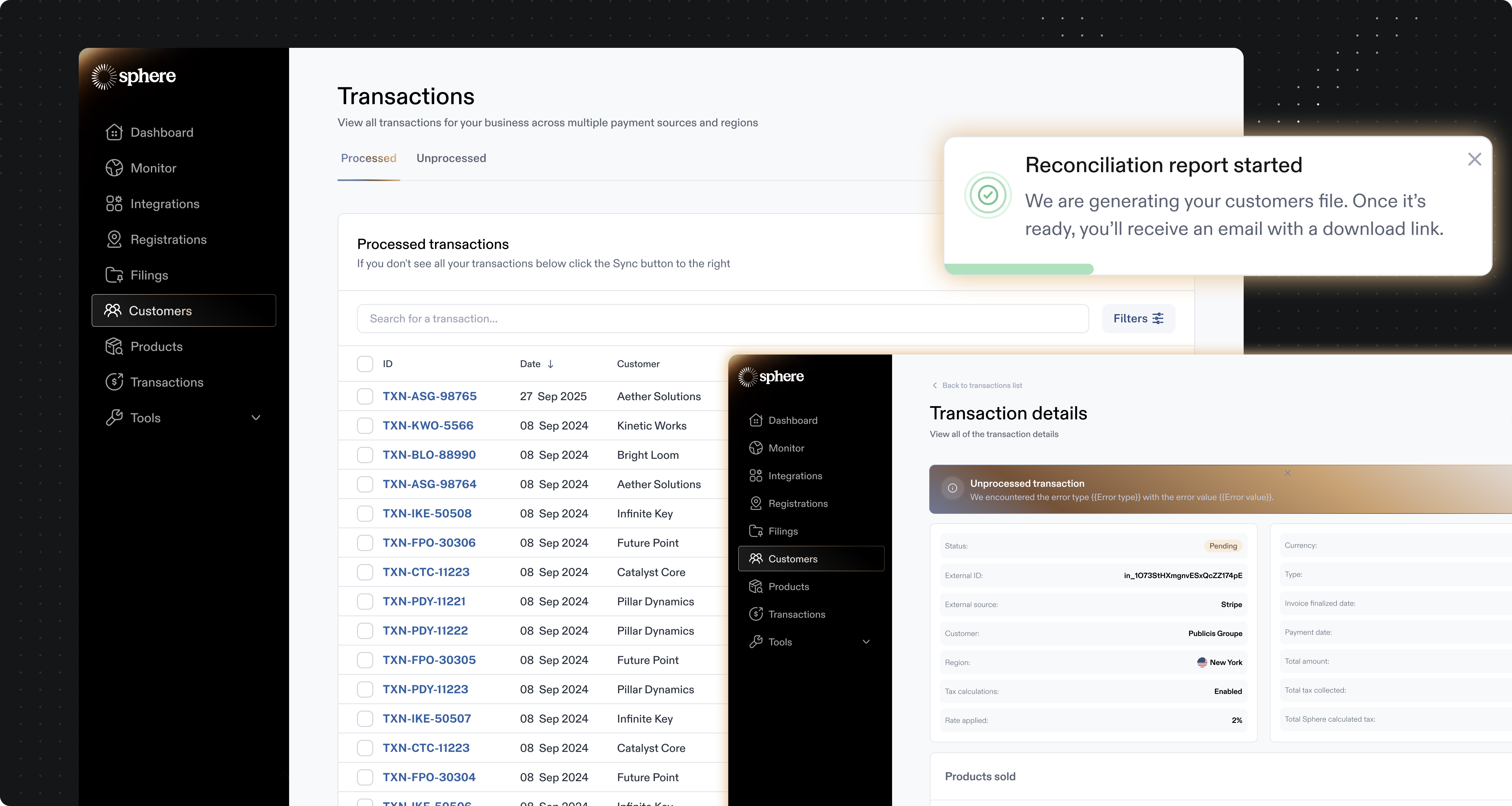
Implementation Best Practices
Planning & Data Prep
Start by cleaning up your master data. Step one, audit your current tariff classifications. Customs compliance software depends on accurate product information, so incorrect HS codes, missing origin data, or inconsistent product descriptions will cause problems from day one.
Cross-Functional Customs Compliance Implementation
Customs compliance touches multiple departments, so involve stakeholders from finance, operations, IT, and your customs broker early in the implementation process. Finance needs visibility into duty costs and payment timing. Operations cares about shipment status and clearance speed. IT must ensure the platform integrates with your existing systems. Your customs broker needs access to declarations and supporting documents.
Training & Adoption
Roll out the platform in phases, starting with high-risk regions or product lines. This approach lets your team learn the system with manageable complexity before expanding to your full operation.
Continuous Optimization
Schedule regular compliance reviews. These ensure your classifications, duty calculations, and screening processes stay accurate as regulations change. Even with automated updates, periodic audits catch edge cases and verify the system is working as intended.
Future Trends in Customs Compliance
AI & Automation Roadmap
AI is transforming customs compliance from a reactive process into a predictive one. AI analyzes product features. It compares them to tariff schedules. Then it suggests the correct classification with reasons. This replaces manual classification and guessing the HS code.
Sphere's TRAM engine represents this shift. Originally built to handle global tax determinations, TRAM indexes and understands tax law across jurisdictions. We're expanding TRAM to cover customs regulations and product classification, applying the same AI-driven approach to tariff codes that we use for tax codes. This means fewer classification errors, faster adaptation to tariff schedule changes, and less manual research when launching new products.
Beyond classification, AI will automate compliance monitoring. The system will flag potential issues before they affect shipments, such as a supplier appearing on a restricted party list or a sudden tariff increase in a key market. Finance teams gain advance warning instead of discovering problems during customs clearance.
Evolving Trade Rules
Trade regulations change faster than human teams can track them. New free trade agreements change duty rates. Tariff reclassifications change product categories. Sanctions lists grow because of world events.
Customs compliance software often adapts to these changes in real time. When a country updates its tariff schedule, the platform incorporates the new codes and applies them to future declarations automatically. When a trade agreement takes effect, the software calculates duties using the new preferential rates.
Integrated Global Trade Management
The future of customs compliance isn't standalone software—it's integrated global trade management platforms that combine tax, customs, and supply chain workflows. Instead of using separate systems for sales tax, VAT, customs declarations, and logistics, companies will manage all cross-border compliance through unified platforms.
Time to End Manual Customs Compliance
Customs management software shifts compliance from a manual, error-prone process into a scalable, automated system. Instead of tracking tariff changes in spreadsheets or filing customs declarations by hand, the software does these tasks automatically. It also gives finance teams the information they need to manage costs and reduce risk.
The right platform depends on your company's size, needs, and growth trajectory. Enterprise platforms offer comprehensive features at enterprise costs. Logistics-focused solutions integrate customs with freight forwarding but may lack compliance depth. Modern platforms like Sphere provide AI-driven compliance automation. They are designed specifically for scaling SaaS and AI companies. They offer transparent pricing and rapid implementation.







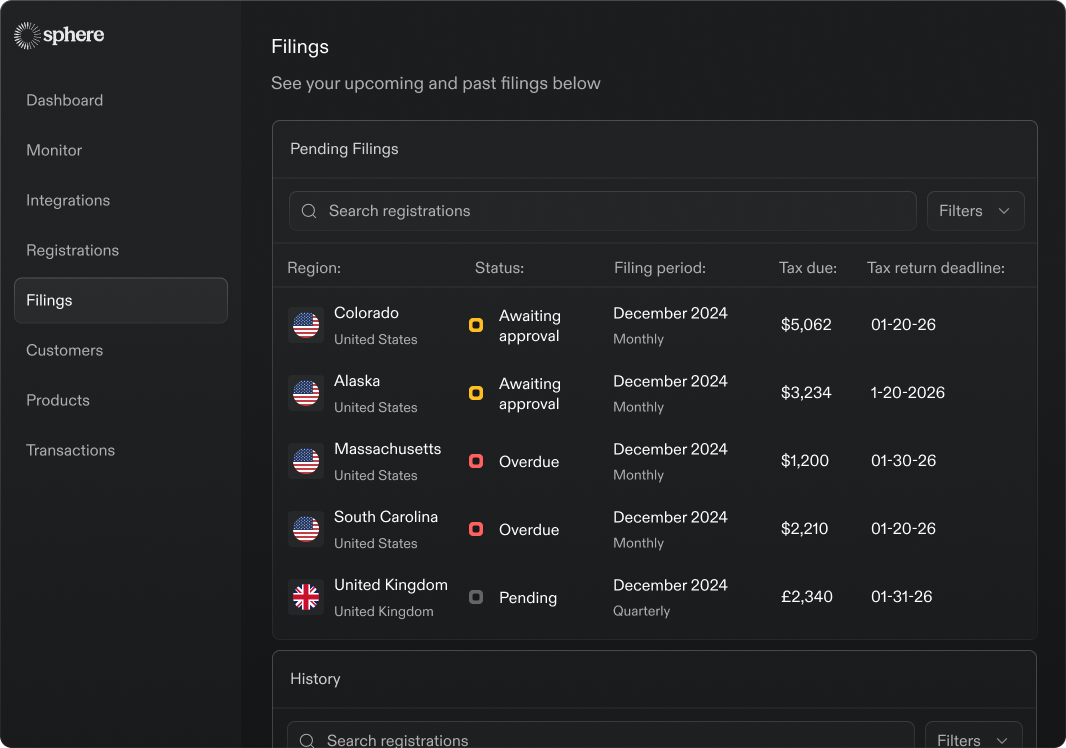
.png)
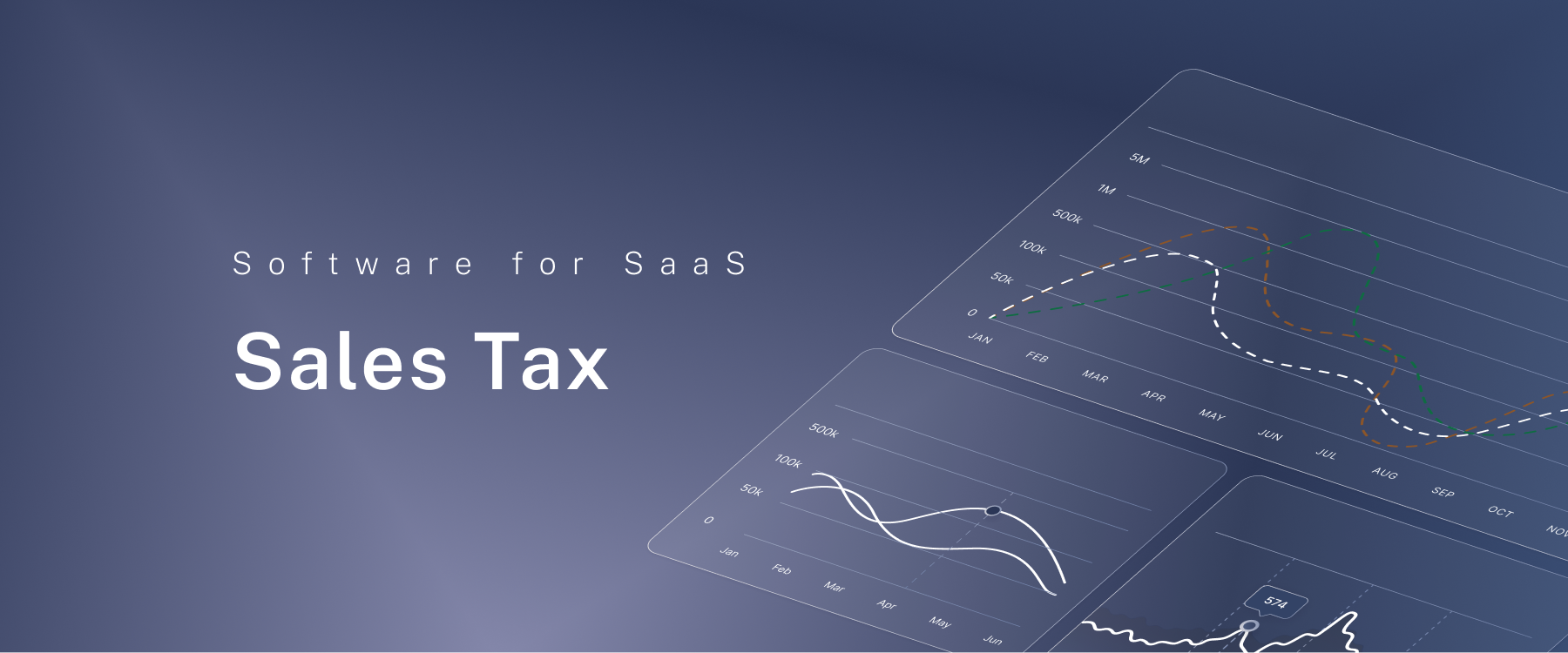
.png)






